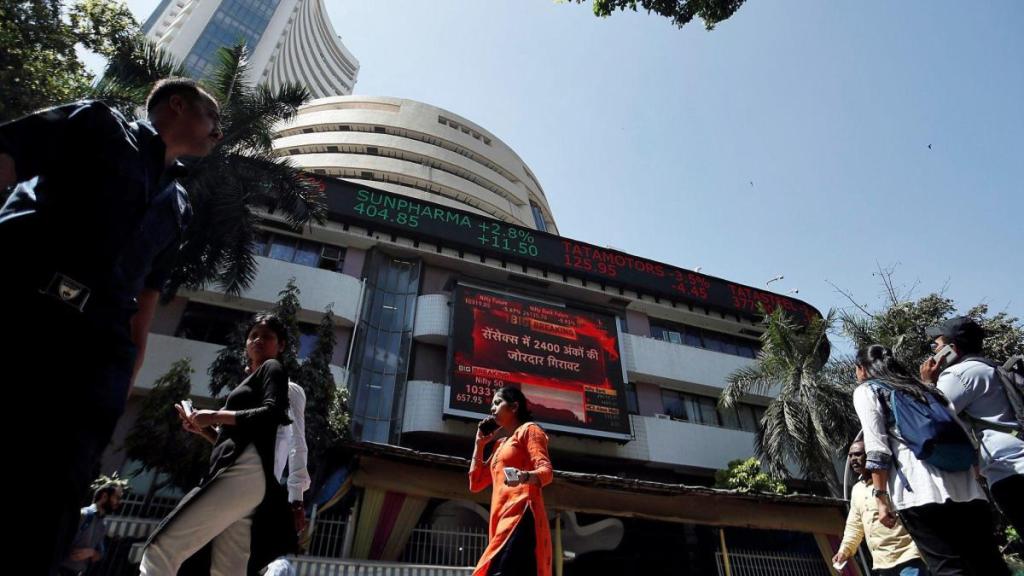A bull market of more than four years that has seen around 4 million demat accounts being added every month between April and December has also witnessed a 40% decline in the number of brokers.
The numbers speak for themselves: The number of brokers registered with the stock exchanges for the cash and derivatives segments has fallen from 8,269 in March-end 2021 to 5,091 in November 2024. In comparison, the number of demat accounts has risen over threefold from 55 million to 182 million in the same period.
“Due to the increasing levels of regulatory compliance, need for constant innovation and investments in technology, many regional-level stock brokers are finding it better to register as an authorised person for a large stock broker and serve its clients,” Sandeep Chordia, chief operating officer at Kotak Securities, said.
At the same time, the number of authorised persons (APs), the formal term for sub-brokers, seems to be mushrooming, said industry players. The number of APs registered with both the exchanges is over 200,000. Over the past 18 months, Kotak Securities has onboarded nine mid-sized stock brokers as APs.
The brokerage house anticipates this conversion to accelerate further.
A former mid-sized broker, who has transitioned to an AP for a leading domestic brokerage house, admitted that it has become unfeasible to independently operate as a broker.
“Becoming an AP allows us to retain our clients while earning commissions on brokerage revenues,” he said.
Chordia termed the arrangement a win-win, adding that “clients continue to get services from the same person as before while getting access to superior technology platforms and products”.
However, the increasing number of APs has created a new problem for the industry as well as the markets regulator – there are more instances of APs engaging in unauthorised trades, promoting unregulated products and offering assured returns to lure clients.
Sebi sources said the regulator is working on a consultation paper to tighten regulations for APs by raising the entry barrier to a graduate from the 10th grade, and mandating market experience of one-three years. In the absence of a graduation degree, experience of three-five years may be required, said a source.
According to another source, a qualifying exam like NISM, rigorous background checks, cap on commissions and clear definitions of AP services could be introduced.
These will be in addition to the existing eligibility criteria of a good reputation and character and the necessary infrastructure like adequate office space, equipment and manpower to effectively discharge the activities on behalf of the broker.
“Stricter norms will weed out those who misuse the system,” said an industry source. “Those who moved to the AP model to reduce costs can easily comply. However, those using it to bypass compliance will struggle.”
Brokers will also be held accountable for APs’ actions, with potential liability for client losses. Additionally, there may be limits on the number of APs a broker can onboard and higher security deposits for brokers, according to sources.
The stock exchanges have already asked brokers for higher due diligence and inspection while onboarding APs. Brokers are planning to form industry-wide eligibility and onboarding rules, said the MD of a large brokerage house.
Earlier this year, HDFC Securities announced discontinuation of the franchisee business in a strategic move to streamline operations and enhance service quality. ICICI Securities, too, will be terminating its partnerships and stop paying trail commission to distributors from January 10, 2025.


